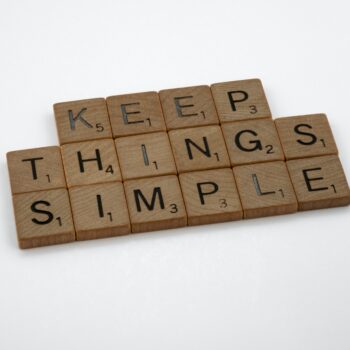A good night’s sleep is as important as regular exercise and a healthy diet.
Research shows that poor sleep has immediate negative effects. Your hormones, exercise performance and brain function are some.
It can also cause weight gain and increase disease risk in both adults and children.
In contrast, good sleep can help you eat less, exercise better and be healthier.
Here are our top 8 tips for a better nights sleep.
1. Increase Bright Light Exposure During The Day
Your body has a natural time-keeping clock known as your circadian rhythm.
It affects your brain, body and hormones helping you stay awake and telling your body when it’s time to sleep.
Natural sunlight or bright light during the day helps this. This improves daytime energy, as well as nighttime sleep quality and duration
2. Reduce Blue Light Exposure in the Evening
Exposure to light during the day is beneficial. Nighttime light exposure has the opposite effect.
This is due to tricking your brain into thinking it is still daytime. This reduces hormones like melatonin, which help you relax and get deep sleep.
Blue light — which are electronic devices. Smartphones and computers emit in large amounts of this.
Methods you can use to reduce nighttime blue light exposure include:
-
Wear glasses that block blue light.
-
Download an app to block blue light on your laptop or computer.
-
Install an app that blocks blue light on your smartphone. These are available for both iPhones and Android models.
-
Stop watching TV and turn off any bright lights two hours before heading to bed.

